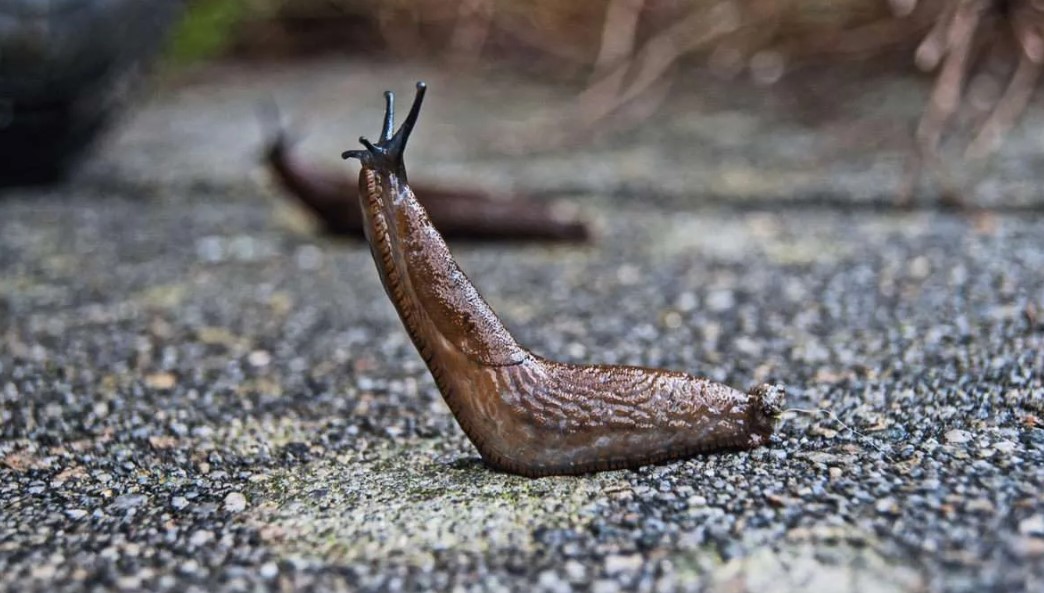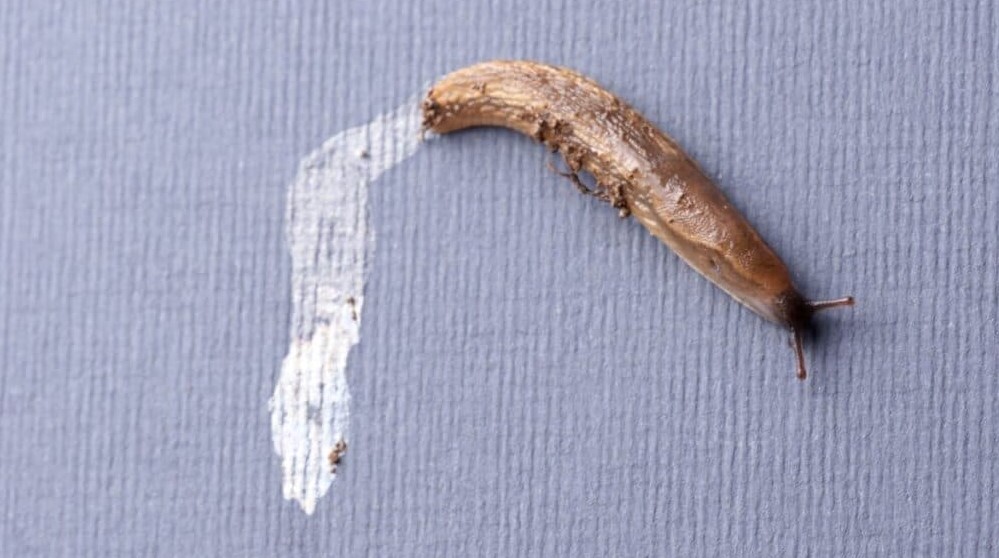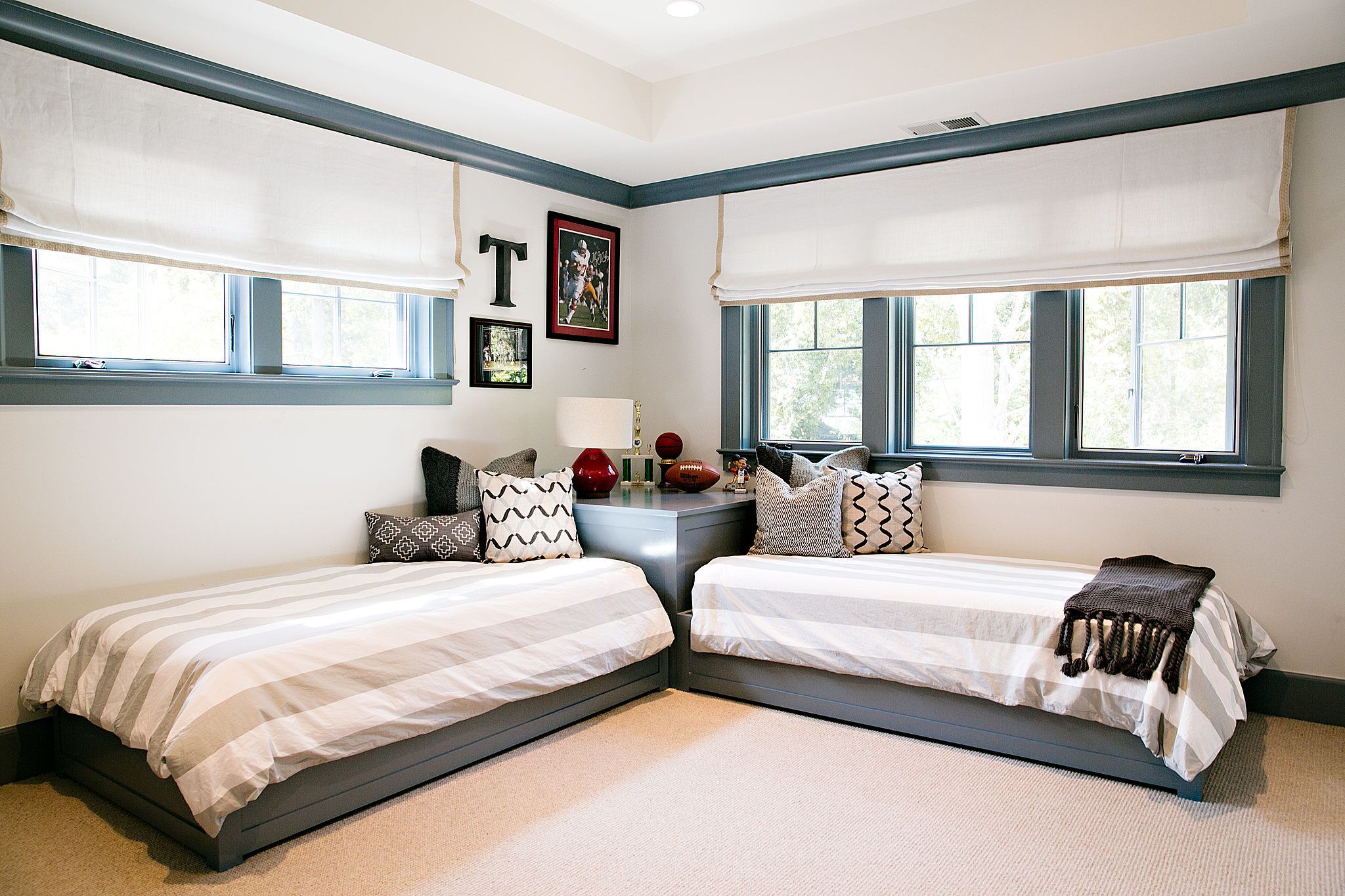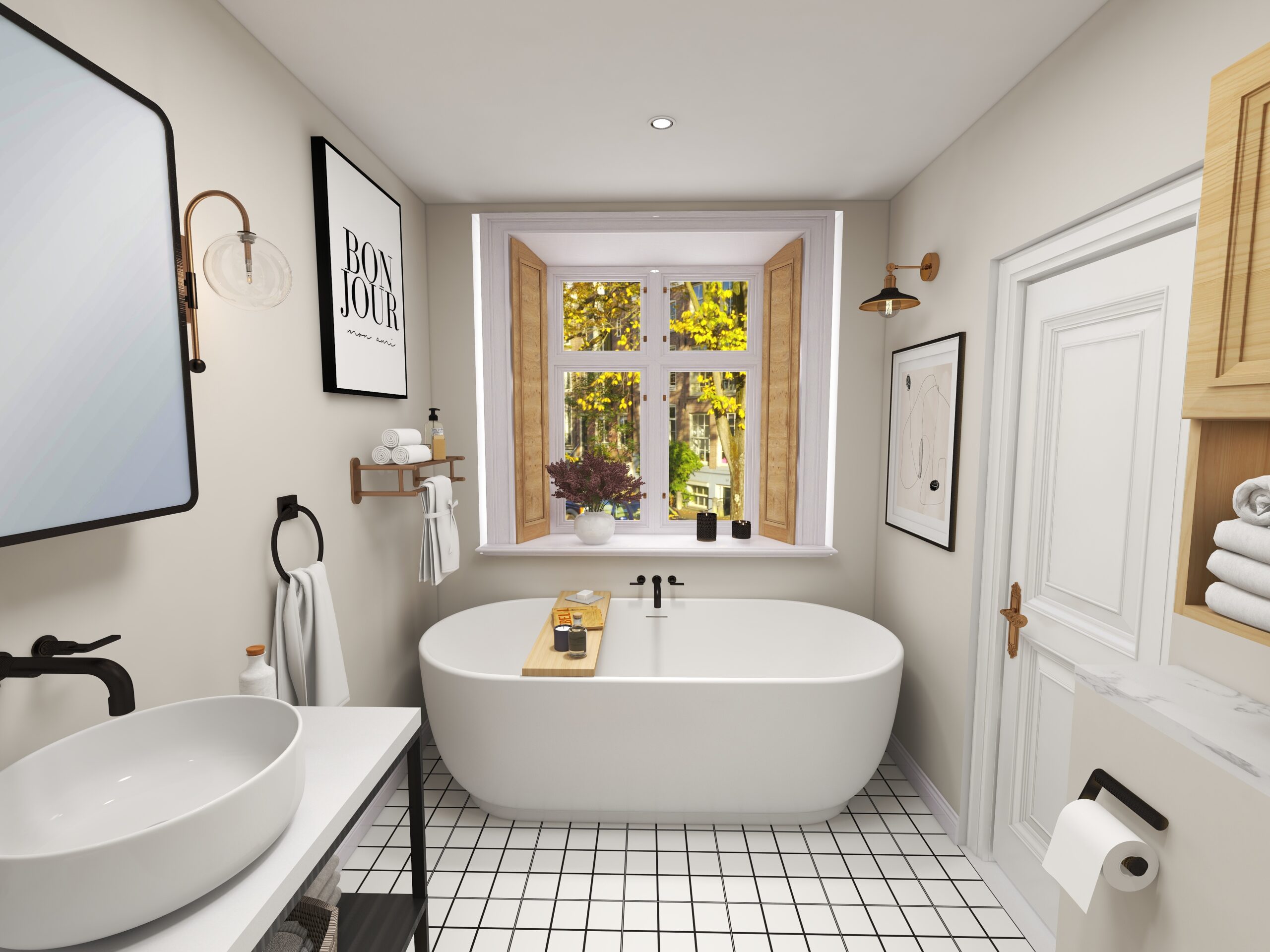Contents
Slugs may not be your favorite house guests, but many people find themselves wondering, why are slugs coming into my house at night? The simple answer is that slugs are drawn by moisture, warmth, and the potential for food. But there’s more to understand about these night-time invaders. In this article, we’ll dive into the reasons why slugs enter homes, how to prevent them, and what to do if they’ve already found their way in.
What Attracts Slugs into the House?
Slugs are nocturnal creatures, meaning they are most active at night. This explains why you often only see them after dark. But what is bringing them into your home? Here are a few common reasons:
- Moisture and Damp Conditions
Slugs thrive in wet environments, and they often enter homes seeking moisture. This is particularly common after rain or in humid areas. If your home has areas of high humidity, like bathrooms, kitchens, or basements, slugs might find their way in. - Warmth
When temperatures drop at night, slugs seek out warmer environments. Your home provides a cozy refuge from the cooler night air. They enter through small gaps in doors, windows, or even cracks in the walls. - Food Sources
Slugs primarily feed on organic material, including plants, decaying matter, and fungi. If you have plants inside or near your home, slugs may be drawn in, especially if there are fruits or vegetables in the kitchen.
How Are Slugs Entering My Home?
Now that you know what attracts them, let’s look at how slugs are getting inside. Slugs are sneaky and can fit through surprisingly small openings. Here’s how they make their way into homes:
- Through Cracks and Gaps
Even tiny gaps around doors, windows, or plumbing can provide an entrance for slugs. They are particularly adept at squeezing through narrow spaces due to their flexible bodies. - Under Doors
If there are gaps beneath your doors, slugs can easily slide in. They are usually drawn to cooler and damp areas, so doors leading to gardens, garages, or basements are common entry points. - Around Pipes and Vents
Slugs can also get in through spaces around pipes or vents, especially if these areas are damp. This is why you might find them in bathrooms or kitchens at night.
How to Stop Slugs from Entering the House
Finding slugs inside your home can be unsettling, but the good news is there are several ways to prevent them from coming in. Here are some tips on how to keep slugs out of your house at night:
- Seal Cracks and Gaps
Start by inspecting your home for any gaps or cracks around windows, doors, and foundations. Use caulk or weather stripping to seal these openings. Pay special attention to areas around plumbing or vents where slugs might squeeze through. - Install Door Seals
To prevent slugs from crawling under doors, install door sweeps or weatherstrips at the bottom of exterior doors. This creates a barrier that slugs can’t easily pass through. - Keep the Area Dry
Since slugs are attracted to moisture, reducing humidity in your home can make it less inviting for them. Use a dehumidifier in damp areas like basements, bathrooms, and kitchens. Also, check for any leaks or standing water that could be attracting slugs. - Move Plants Away from the House
If you have plants near entryways or windows, consider moving them away from your home. Slugs are often attracted to the organic matter in the soil or the plants themselves. By keeping plants further from your home, you reduce the chances of slugs making their way inside. - Use Natural Repellents
There are a few natural methods to deter slugs from entering your home. Salt, for example, can be sprinkled around entry points as slugs will avoid it. You can also create barriers using copper tape, as slugs dislike crawling over it due to its reaction with their slime.

What to Do If You Find Slugs in Your House
If slugs have already made their way into your home, don’t panic. Here’s how you can deal with them:
- Manual Removal
The quickest way to get rid of slugs is by manually removing them. Use gloves or a paper towel to pick them up and place them back outside. - Use a Salt Solution
Salt can be used to eliminate slugs quickly. You can create a saltwater solution to spray on slugs when you find them, but use caution as salt can also damage floors or furniture. - Set Up Traps
You can create simple slug traps to catch them inside your home. A shallow dish of beer or a piece of fruit will attract slugs, and they will fall into the trap. Once caught, you can easily remove them.
Why Do Slugs Appear Indoors at Night?
Slugs are primarily active during the night because they rely on cool, damp conditions to move around without drying out. The darkness also protects them from predators. If slugs are entering your home, you are most likely to spot them at night when they come out of hiding to forage for food or find a moist area to rest.
Conclusion
If you’re wondering, why are slugs coming in my house at night, the answer often lies in your home’s environment. Moisture, warmth, and food sources attract slugs, while gaps and cracks provide easy entry points. The good news is that you can take simple steps to prevent slugs from entering and handle them if they do find their way inside. By sealing entry points, keeping your home dry, and using natural repellents, you can create a slug-free home.
Frequently Asked Questions (FAQs)
Why do I keep finding slugs in my house?
Slugs are attracted to moisture, warmth, and food. If your home has damp areas or plants nearby, slugs may be drawn inside, especially if they find small entry points.
How do I prevent slugs from entering my home?
Sealing gaps and cracks, installing door seals, reducing moisture, and moving plants away from your home are all effective methods for preventing slugs from getting inside.
Are slugs harmful inside the house?
Slugs themselves are not harmful to humans, but they can damage plants or leave slimy trails. They can also indicate that there is excess moisture in your home, which could lead to other problems.
Where do slugs hide in the house?
Slugs often hide in damp, dark areas, such as basements, kitchens, or bathrooms. You might also find them near windows or doors, especially after a rainstorm.
You May Also Read:





